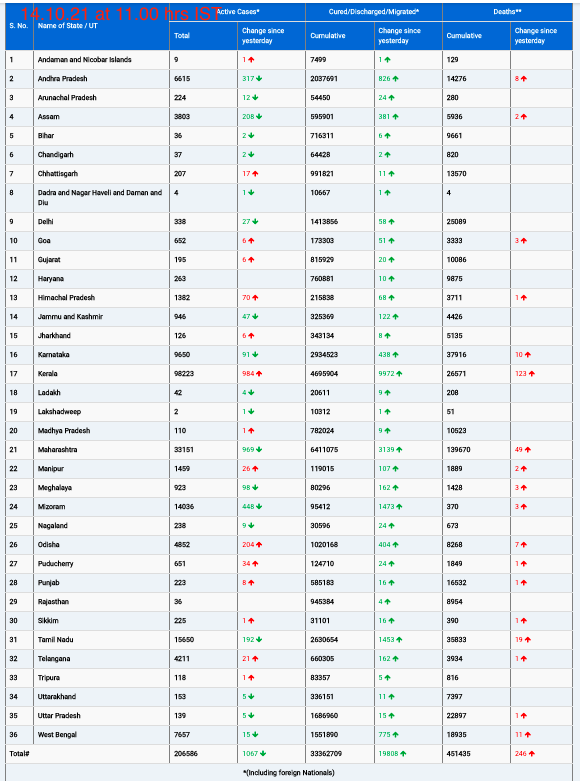Madrid, Spain – A new study presented at the Annual Meeting of the European Association for the Study of Diabetes (EASD) in Madrid has revealed that restricting the eating window to just 8 hours a day significantly improves blood glucose control in adults at risk of type 2 diabetes, regardless of whether the eating period is early or late in the day.
Lead author Dr. Kelly Bowden Davies, from Manchester Metropolitan University, UK, explained, “Our study found that restricting eating to an 8-hour window significantly improved the daily time spent in the normal blood glucose range and reduced fluctuations in blood glucose levels. However, altering the timing of this 8-hour window, whether earlier or later in the day, did not offer additional benefits.”
The Benefits of Fasting Over Meal Timing
The findings suggest that the observed improvements in blood sugar control are due to the 16-hour fasting window, not the timing of meals or changes in energy intake. Dr. Bowden Davies added, “The benefits of time-restricted eating (TRE) can be seen within just three days, highlighting the potential of this approach in improving blood glucose levels without reducing calorie intake.”
Time-restricted eating has gained popularity due to its potential health benefits, including improved insulin sensitivity and reduced levels of glycated hemoglobin (HbA1c), a marker of long-term blood sugar control. However, previous studies have attributed these positive effects to reduced calorie intake, leaving the impact of meal timing unclear.
Study Design and Key Findings
To better understand the effects of meal timing on blood glucose control, the researchers conducted a randomized crossover trial with 15 sedentary adults at risk of type 2 diabetes. The participants, who habitually ate over a span of more than 14 hours a day, were assigned to two different 8-hour eating windows: an early eating period (8:00 a.m. to 4:00 p.m.) and a late eating period (12:00 p.m. to 8:00 p.m.). Both periods were compared to their habitual eating patterns.
Each participant followed a eucaloric diet, meaning their calorie intake matched their energy expenditure, ensuring any changes in blood sugar levels were not due to a reduction in calories. A standardized diet consisting of 50% carbohydrates, 30% fat, and 20% protein was provided during the study.
The results showed that time-restricted eating, whether early or late, led to a significant improvement in the time participants spent in the normal blood glucose range, increasing it by an average of 3.3%. Additionally, markers of glycaemic variability, such as mean absolute glucose (MAG), coefficient of variation (CV), and mean amplitude of glucose excursions (MAGE), were all reduced.
Interestingly, no significant difference in blood glucose control was observed between the early and late eating windows, suggesting that the timing of the 8-hour window may not be critical.
A Simple Approach to Diabetes Prevention
Dr. Bowden Davies emphasized the practical implications of the study, noting that many individuals struggle to adhere to calorie-counting diets in the long term. “Our study suggests that simply restricting eating to an 8-hour window may offer a straightforward way to improve blood sugar control for those at risk of type 2 diabetes, without the need for calorie restriction,” she said.
The researchers recommend further investigation in larger and longer-term studies to confirm these findings and explore the broader potential of time-restricted eating in diabetes prevention.
Meeting: Annual Meeting of the European Association for the Study of Diabetes (EASD), Madrid, 9-13 September.












